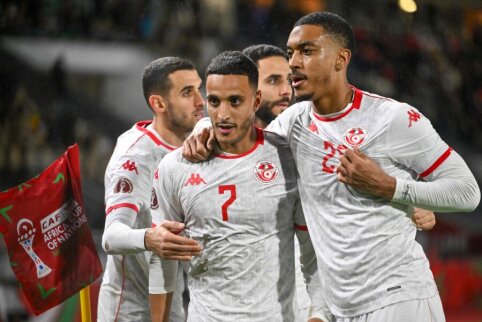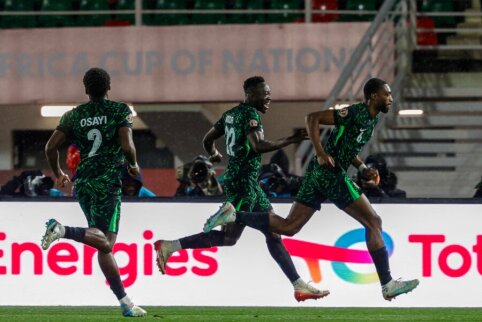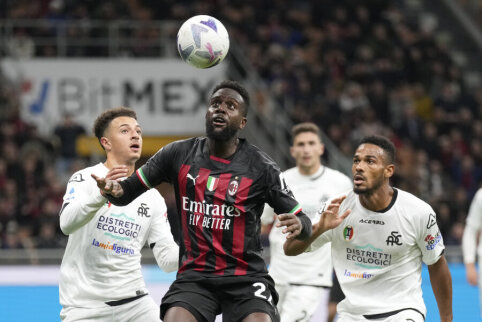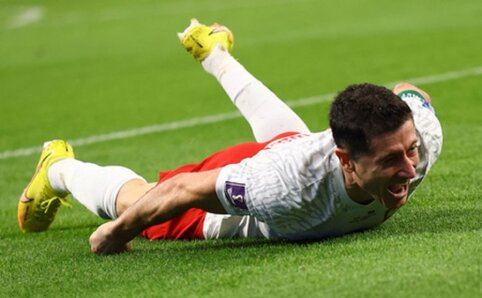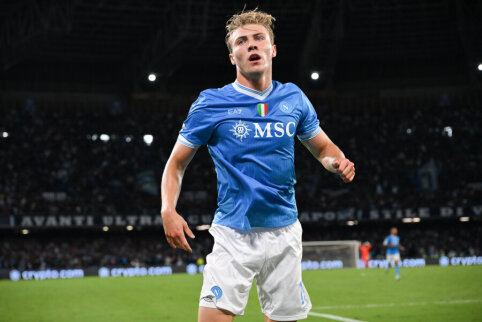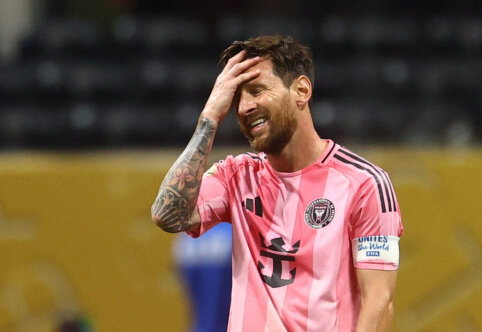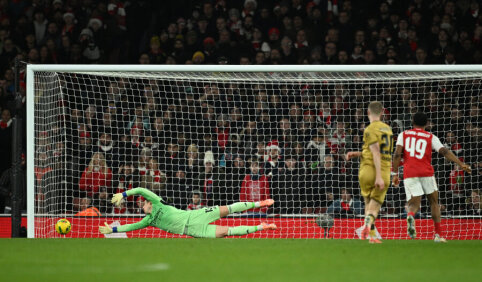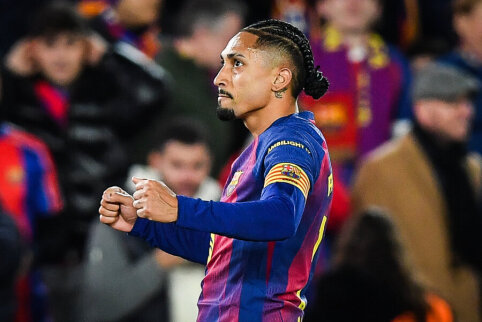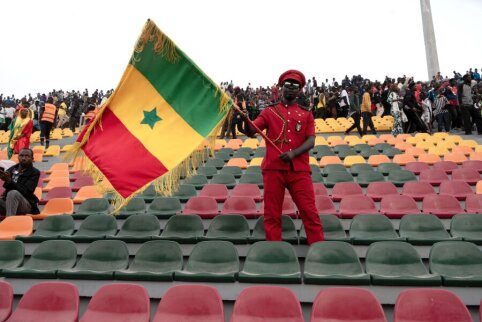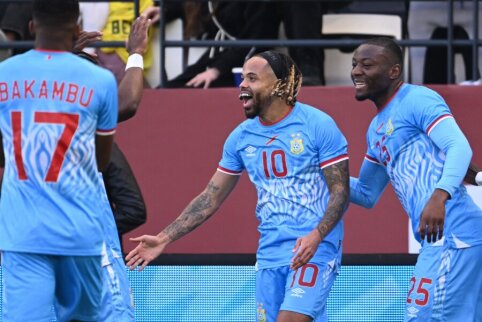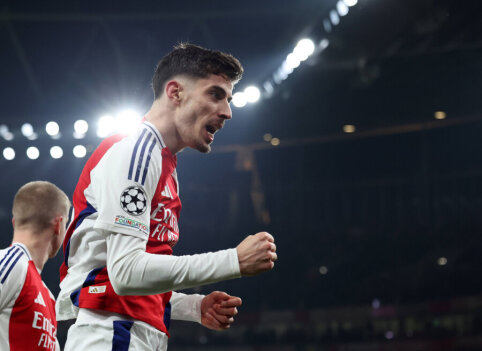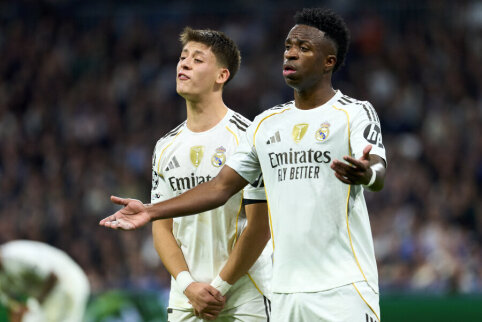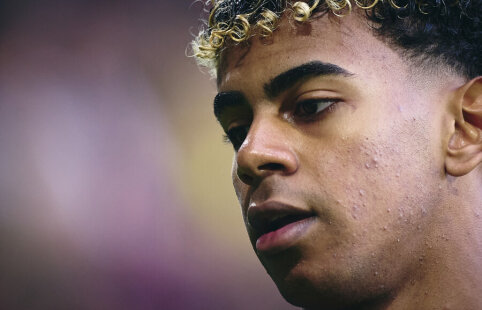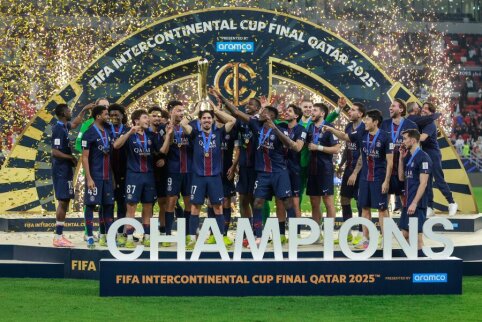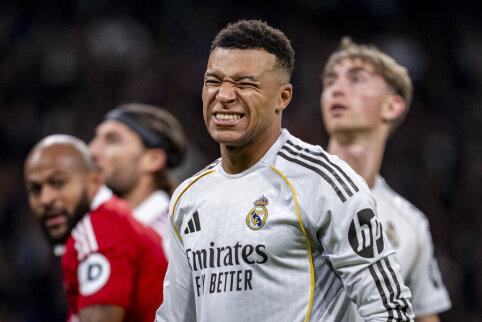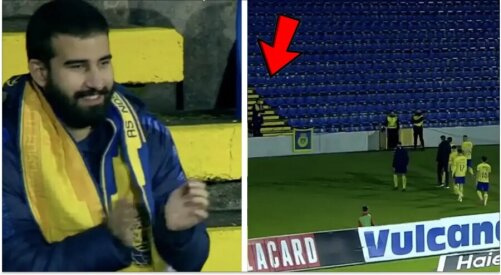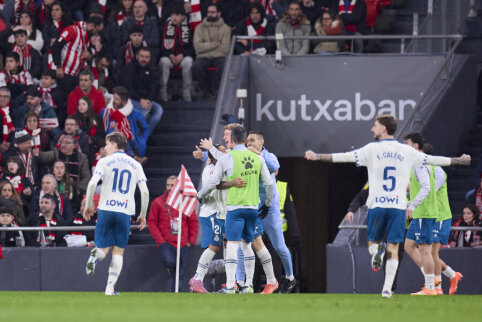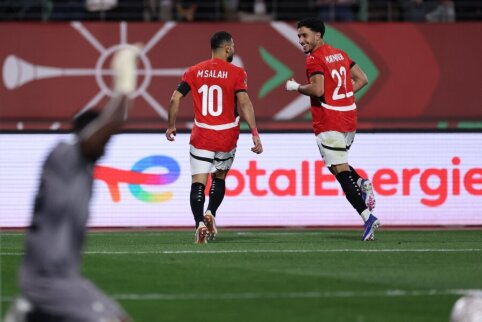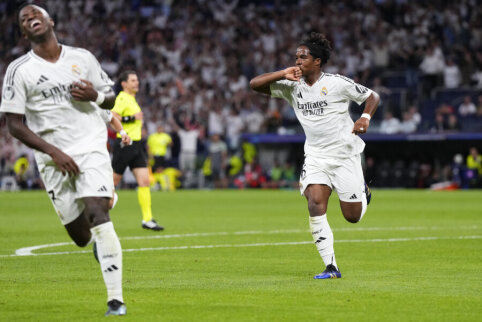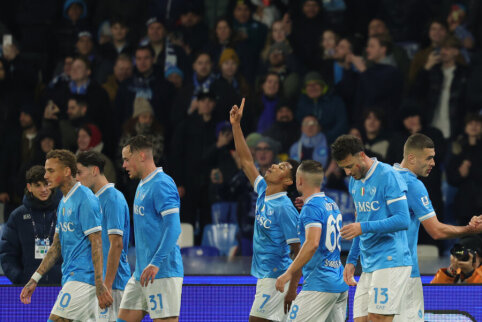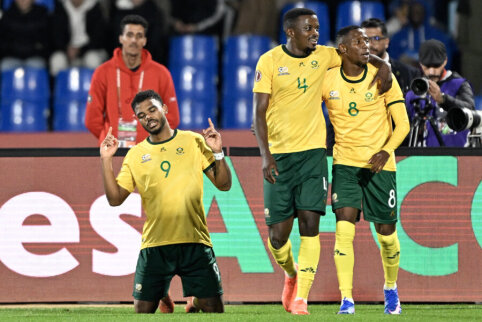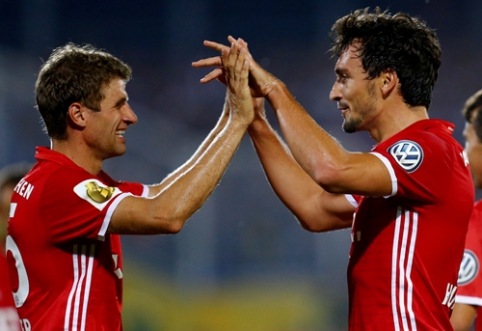
Today at 21:30 the new season of "Bundesliga" will start with a match between the country's champion "Bayern" and "Werder" club. Before the start of the German championship, The Guardian decided to review the upcoming season and try to answer the question: why will this "Bundesliga" championship be one of the most interesting in Europe this season?
This is a new season with huge changes in team line-ups (a total of 211 players were acquired, and 400 million euros were spent on them), new coaches in a third of the teams (in addition, soon new coaches will be in the "Werder" and "Eintracht Frankfurt" clubs) and a wealthy newcomer ("RB Leipzig") who should become the main representative of the country's eastern side, which will only increase intrigue and bring another club that will evoke particularly positive or negative emotions.
But will the league's intriguing new features overshadow the fact that the 54th "Bundesliga" season is predicted to end with the immediate expected outcome? The fifth league title in a row for the "Bayern" club, which will start the season against the crisis-stricken "Werder" team, is anticipated and forecasted almost everywhere.
After acquiring Mats Hummels and Renato Sanches for a total of 70 million euros, Bayern now has a particularly large selection of players. The only glimmer of hope for competition for the title is that Champions League specialist Carlo Ancelotti won't be too worried about the results in Germany. The only possible way to stop their dominance is to wait for their own overconfidence in results and relaxation.
"Bayern" would win the league "keeping their hands in their pockets," said Ancelotti a few months before taking over the team. The Italian now has to ensure that these words don't turn against him.
The most likely candidates to take the title away from the Bavarian team are "Borussia". They have been very active in the transfer market and spent more than their rivals - 110 million euros for seven newcomers. In their team, we will see both underrated players (Sebastian Rode), future superstars (Ousmane Dembele), and former team members who need a fresh start (Mario Gotze). Thomas Tuchel's team renovation project is becoming one of the most interesting in all of European football, where even greater intrigue is added by no one being able to predict how it will end.
It seems that Dortmund's fans also do not know whether major changes will bring positive results and allow them to compete for titles. Criticism has already been directed at some of their favorites, such as Jakub Blaszczykowski. However, looking at the players' names, especially in the attacking player category, we see a wealth of high-quality players that will allow Tuchel to successfully use his desired style of heavy rotation. However, it is worth noting that this could also bring additional problems.
Hertha Berlin coach Pal Dardai suggested that he believes "Bayer" can "repeat the Leicester City story". In his opinion, two newcomers - Kevin Volland (from Hoffenheim) and Julian Baumgartlinger (from Mainz) can successfully play roles similar to Jamie Vardy and N'Golo Kante. He is also convinced that German national team player Julian Brandt could be Bayer's Riyad Mahrez. This is not entirely absurd statement, however, it is still difficult to imagine this team outperforming both league giants over the season.
Others say that "Gladbach" and "Schalke" will demonstrate excellent play and good results, with one of the smartest guys in the league (sports director Christian Heidel) working in the latter and a young and energetic coach (Markus Weinzierl) who can lead the team forward. However, it is worth remembering that just a year ago "Schalke" set the same ambitious goals with Andre Breitenreiter, who lost his job after the last season.
So this season we will once again see an open "Bundesliga" championship, which, without offending anyone, will be one of the most competitive in Europe. Excluding a few of the strongest clubs that stand out for the quality of their players, apart from the miracle worker Dirk Schuster's "Darmstadt" team that stands out from all league teams for being the financially weakest club, there will be no other serious contenders to drop out of the league. Next season, we will see almost a dozen teams that can either end up in the table zone where places in Europe are fought for or in a position where remaining teams drop out of the "Bundesliga" during the season, in one or another situation.
It is interesting that despite the fact that there has been no real fight for the championship title since 2011, interest in this league is only growing. League director Christian Seifertas managed to negotiate a new TV contract under which the amount received will increase by up to 85%, and from the 2017-2018 season, German clubs will share 1.16 billion euros. Yes, this amount still only amounts to half of what the Premier League receives and will be divided among 36 Bundesliga and Bundesliga 2 clubs, but it once again proves that Bayern's dominance and Borussia's gap from other teams did not decrease spectator interest in this league.
However, without a doubt, a larger number of clubs fighting for the title would further increase interest in this league; a greater concern in Germany still arises from the fact that smaller clubs, which do not have a large fan base, are gaining strength thanks to sleeping giants. Clubs like Hamburg, Werder, Koln, and Schalke are not taking advantage of their available resources, and this could attract foreign investors' interest in these teams and change Germany's championships.
For the most part, Bundesliga has coped very successfully with football globalization and focused on attracting spectators to stadiums and developing their own players, instead of spending large sums on transfer market. However, after the wave of Chinese investors, which has already reached England and Italy, the league's policies have become a serious threat.
Will football fans positively accept a Bundesliga that spends less money, as other leagues splash cash? How they will be able to maintain their local stars in the league and be competitive in Europe could determine how this league will change in the coming years and whether we will finally see much greater competition for the champion's title. However, this doesn't necessarily mean positive things - having more contenders to win the league can arise not only from the league itself getting stronger but also from the weakening of the strongest clubs, something neither Germany nor all of Europe's football fans want.
